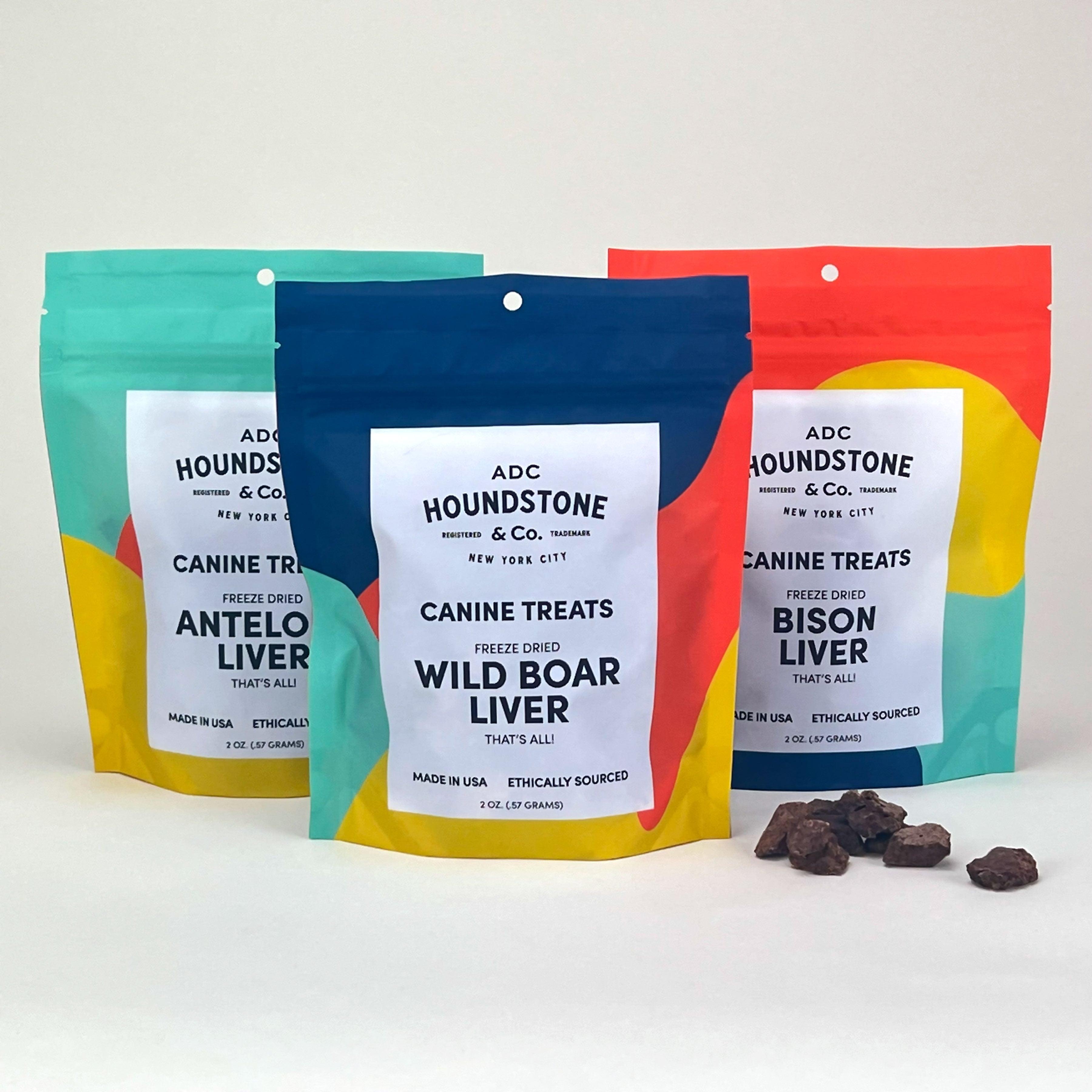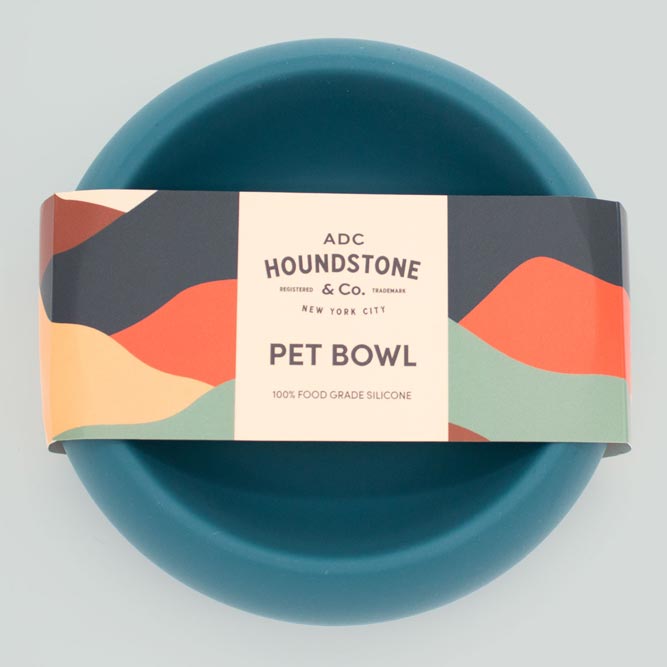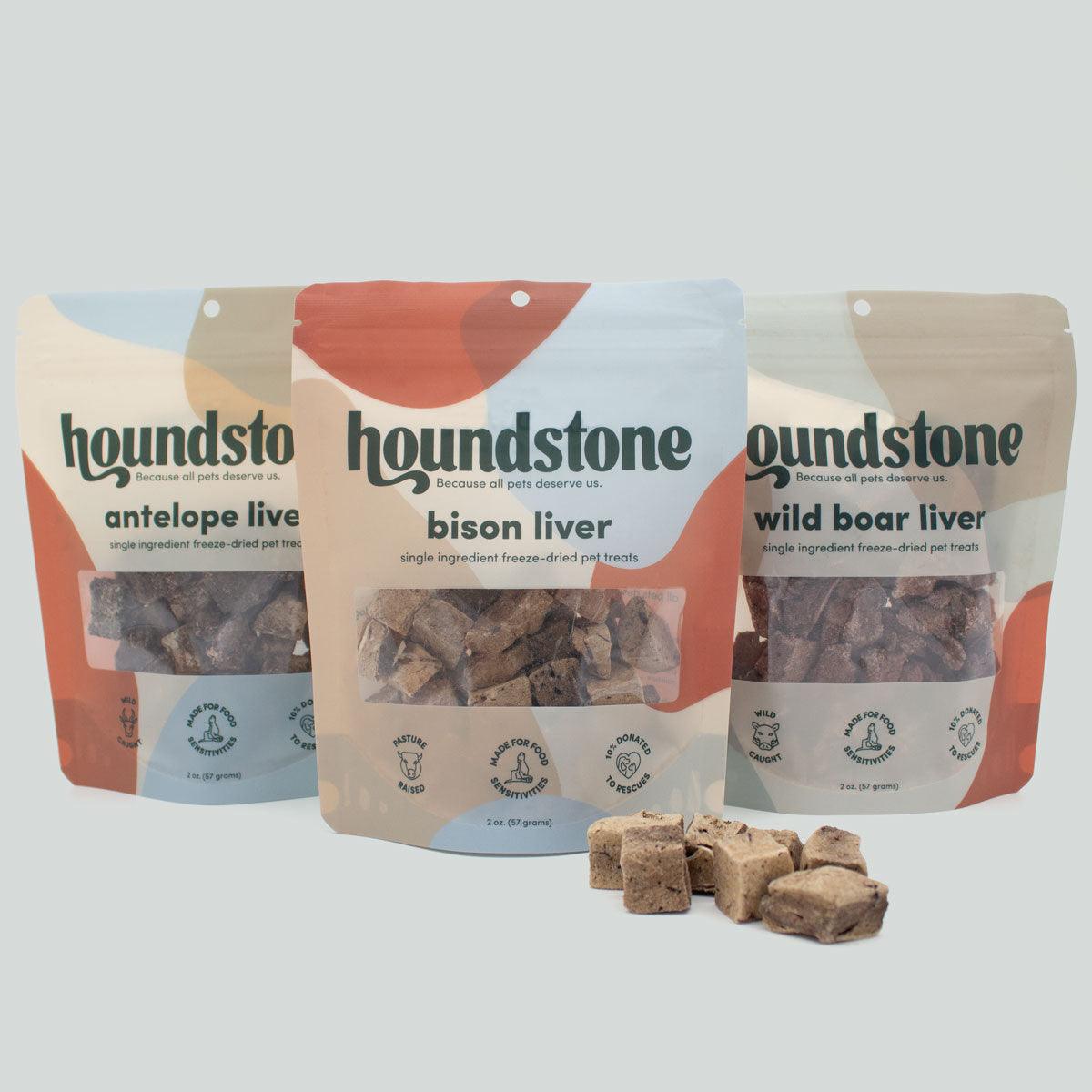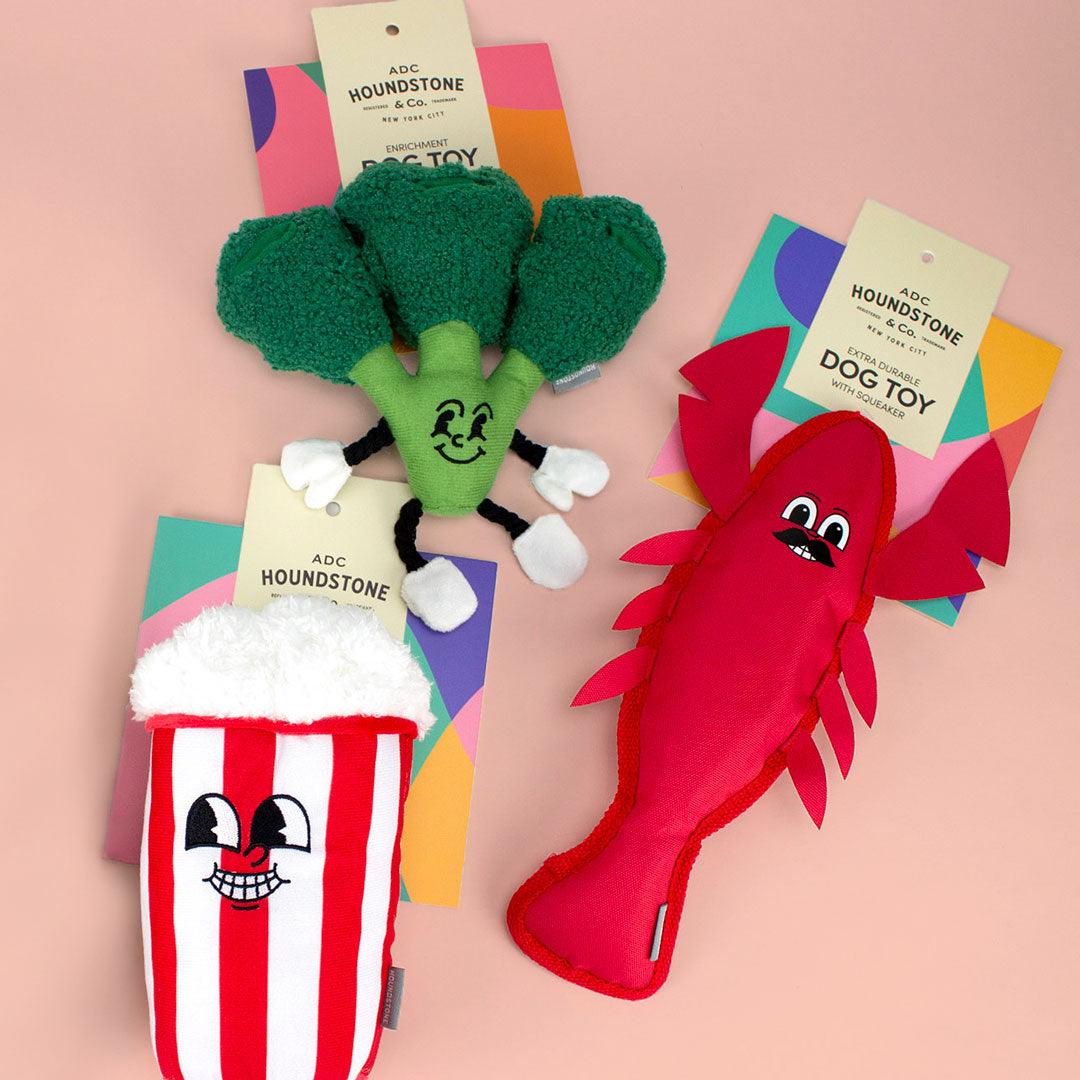Liver is one of those superfoods that often flies under the radar, but it’s a powerhouse when it comes to nutrients. Whether from beef, chicken, or lamb, this organ meat is loaded with essential vitamins and minerals.
Think of liver as nature's multivitamin for your dog, offering a rich source of nutrients that are vital for your furry friend’s health. It’s a natural way to boost your dog’s diet without relying on synthetic supplements. But what exactly makes liver such a nutrient-dense food for dogs? Let’s dive in!
Why is Liver Important for Dogs?
You might be wondering why this organ is getting all the attention. Well, the benefits of liver for dogs are extensive, ranging from supporting immune health to promoting a shiny coat. Incorporating liver into your dog’s meals can make a world of difference in their overall well-being.
Not only is liver packed with vital nutrients, but it’s also easily digestible, making it a great addition to any dog’s diet. So, if you want to give your dog the best, liver should definitely be on the menu.

The Nutritional Profile of Liver
High-Protein Content
Protein is the building block of life, and your dog’s body relies on it for almost every function. Liver is a high-protein food, making it an excellent source of this essential nutrient.
Whether your dog is a couch potato or an active athlete, protein supports muscle development, tissue repair, and overall energy levels. By adding liver to your dog’s diet, you’re ensuring they get a healthy dose of high-quality protein, which is crucial for their strength and vitality.
Rich in Essential Vitamins
- Vitamin A - When it comes to eye health and a strong immune system, Vitamin A is a superstar, and liver is one of the richest natural sources of this vital nutrient. Dogs rely on Vitamin A to maintain sharp vision, especially in low-light conditions, and to fend off infections. This vitamin also plays a crucial role in skin and coat health, making your dog’s fur shinier and smoother.
- Vitamin B Complex - The Vitamin B complex found in liver includes several B vitamins like B2 (riboflavin), B3 (niacin), B5 (pantothenic acid), B6 (pyridoxine), and B12. These vitamins are essential for energy metabolism, meaning they help your dog convert food into energy. They also support healthy brain function and red blood cell production, keeping your dog alert and active.
- Vitamin D - We all know how important Vitamin D is for humans, but did you know it’s just as crucial for dogs? Liver is a great source of Vitamin D, which helps your dog absorb calcium and phosphorus—minerals necessary for strong bones and teeth. If your dog isn’t getting enough Vitamin D, they could be at risk for bone disorders or poor dental health. Adding liver to their diet can help ensure they’re getting their daily dose.
Packed with Minerals
- Iron - Iron is a mineral that dogs need for the production of hemoglobin, the protein in red blood cells that carries oxygen throughout the body. Liver is particularly rich in iron, which means it can help prevent anemia and keep your dog’s energy levels up. If your dog seems sluggish or tired, they might benefit from the iron found in liver.
- Copper - Copper may not get as much attention as other minerals, but it’s crucial for your dog’s health. Copper in liver helps with the formation of connective tissue, the development of the cardiovascular system, and the function of the immune system. It’s one of those trace minerals that, while needed in small amounts, plays a significant role in your dog’s overall health.
- Zinc - Zinc is another mineral found in liver that supports a healthy immune system. Zinc is also involved in skin health and wound healing, making it an important nutrient for dogs prone to skin conditions or who are recovering from an injury. Feeding your dog liver ensures they get enough zinc to maintain their immune defense and skin integrity.
Top 5 Liver Benefits for Dogs
1. Supports Immune System Health
One of the key liver benefits for dogs is its ability to support and enhance the immune system. Thanks to its rich supply of vitamins and minerals like Vitamin A, Vitamin B, and zinc, liver helps strengthen your dog’s immune defenses, making them less susceptible to illnesses and infections. If your dog is frequently under the weather, liver could be the boost their immune system needs.
2. Promotes Healthy Vision
Liver is an excellent source of Vitamin A, which plays a crucial role in maintaining your dog’s eyesight. This vitamin helps preserve night vision and overall eye health, ensuring that your dog’s vision remains sharp as they age. Incorporating liver into their diet is a natural way to protect your dog’s eyesight, especially as they grow older.
3. Boosts Energy Levels
If your dog seems to be lacking in energy, liver could be the answer. The B vitamins in liver are essential for converting food into energy, meaning they help keep your dog’s energy levels high. Whether your dog is a playful pup or a senior dog needing an energy boost, liver can help them stay active and lively.
4. Improves Skin and Coat Health
A shiny, healthy coat is often a sign of a well-nourished dog, and liver plays a big role in that. The combination of essential fatty acids, Vitamin A, and zinc found in liver helps maintain a healthy coat and prevent dry, flaky skin. If your dog’s coat has lost its luster, adding liver to their diet might just bring back that beautiful shine.
5. Enhances Digestive Health
Liver is not only nutrient-dense but also easy to digest, making it a great choice for dogs with sensitive stomachs. It supports gut health by providing essential nutrients that promote a healthy digestive tract. If your dog suffers from digestive issues, liver could help improve their overall digestive function and nutrient absorption.

How to Incorporate Liver into Your Dog’s Diet
Serving Liver as a Treat
Freeze-Dried Liver
Freeze-dried liver is a convenient and nutritious treat that retains most of the nutrients found in fresh liver. It’s a mess-free way to offer your dog a tasty snack that’s packed with health benefits. Freeze-dried liver treats are perfect for training sessions or as an occasional reward.
Cooked Liver
Cooking liver is another great way to serve it to your dog. Lightly cooking liver helps retain its nutrients while making it easier for your dog to chew and digest. You can boil, bake, or sauté liver, but be sure to avoid adding any seasonings or oils that could be harmful to your dog.
Adding Liver to Homemade Dog Food
Raw Diets
If you’re feeding your dog a raw diet, liver is a must-have component. It’s important to handle raw liver carefully to avoid contamination, but when done correctly, it’s an incredibly nutritious addition to your dog’s meals. Just make sure you’re balancing it with other raw meats and vegetables for a well-rounded diet.
Mixed with Regular Meals
If you’re not ready to go fully raw, you can still add liver to your dog’s regular meals. Simply chop up cooked liver and mix it with their kibble or canned food. This is an easy way to boost the nutritional value of your dog’s meals without making drastic changes to their diet.
Commercial Dog Foods with Liver
There are many high-quality commercial dog foods that include liver as an ingredient. These foods offer the benefits of liver without the need for preparation on your part. Look for brands that use whole liver and avoid those that rely on liver flavoring, as the latter may not provide the same health benefits.
How Much Liver is Safe for Dogs?
Recommended Serving Sizes
When it comes to feeding liver, moderation is key. Liver is rich in nutrients, but too much can lead to an imbalance. A good rule of thumb is to feed your dog liver as about 5% of their total diet. This can vary depending on your dog’s size and nutritional needs, so it’s best to consult with your vet.
Potential Risks of Overfeeding Liver
Hypervitaminosis A
While Vitamin A is beneficial, too much of it can lead to hypervitaminosis A, a condition caused by an overdose of Vitamin A. Symptoms can include bone deformities, digestive issues, and lethargy. To avoid this, be mindful of how much liver you’re feeding your dog and stick to the recommended serving sizes.
Balancing Liver with Other Meats
To ensure your dog gets a balanced diet, it’s important to combine liver with other meats. While liver is nutrient-dense, it shouldn’t be the sole source of nutrition. A balanced diet that includes a variety of proteins and vegetables will keep your dog healthy and happy.
Conclusion
Incorporating liver into your dog’s diet can offer a multitude of health benefits, from boosting their immune system to improving their coat and skin health. This nutrient-rich superfood is easy to add to their meals and can make a significant difference in their overall well-being.
When introducing liver, start with small amounts and gradually increase the serving size. Monitor your dog for any adverse reactions and consult your vet if you have any concerns. With the right approach, liver can be a valuable addition to your dog’s diet, supporting their health and longevity.




